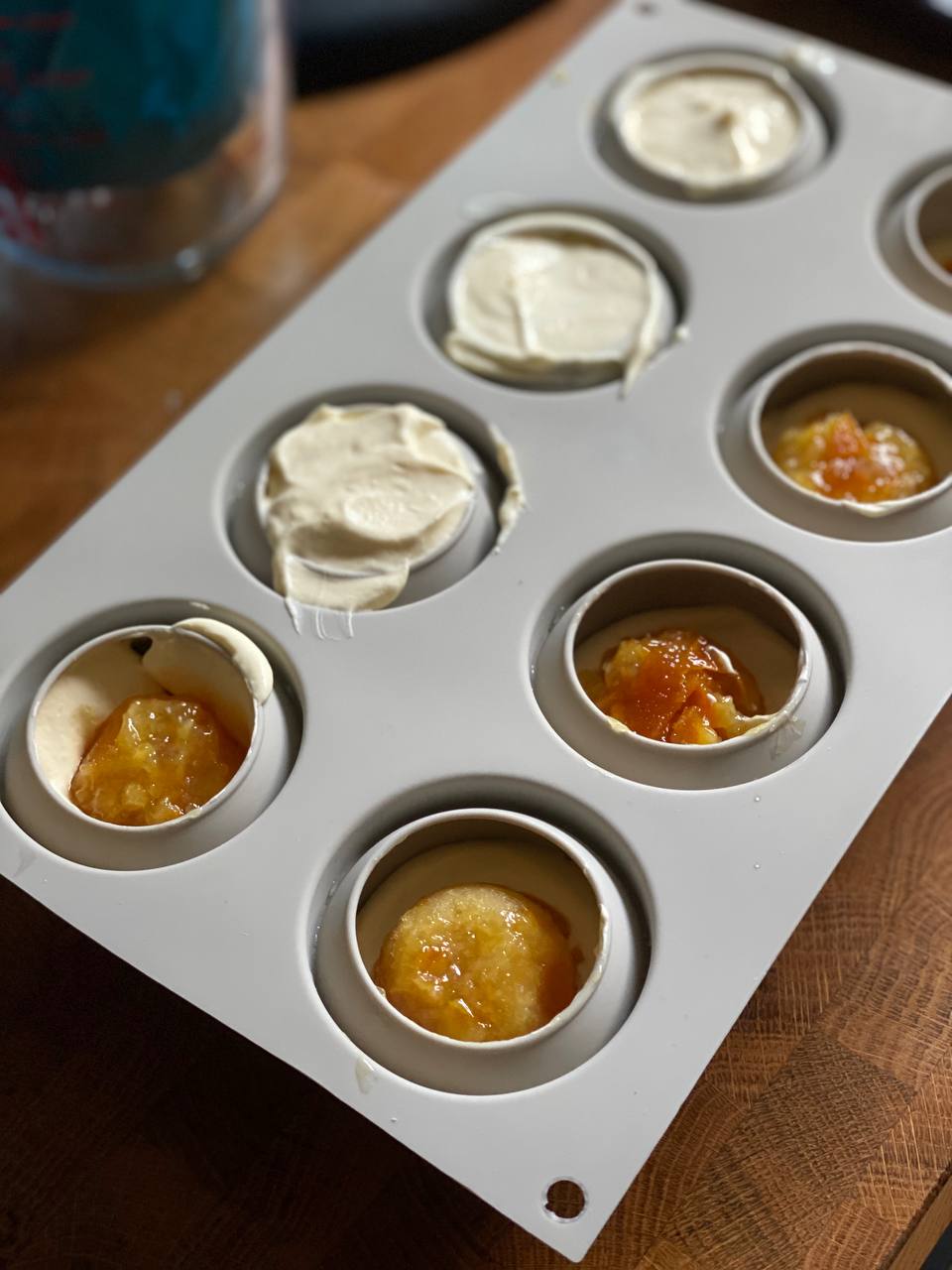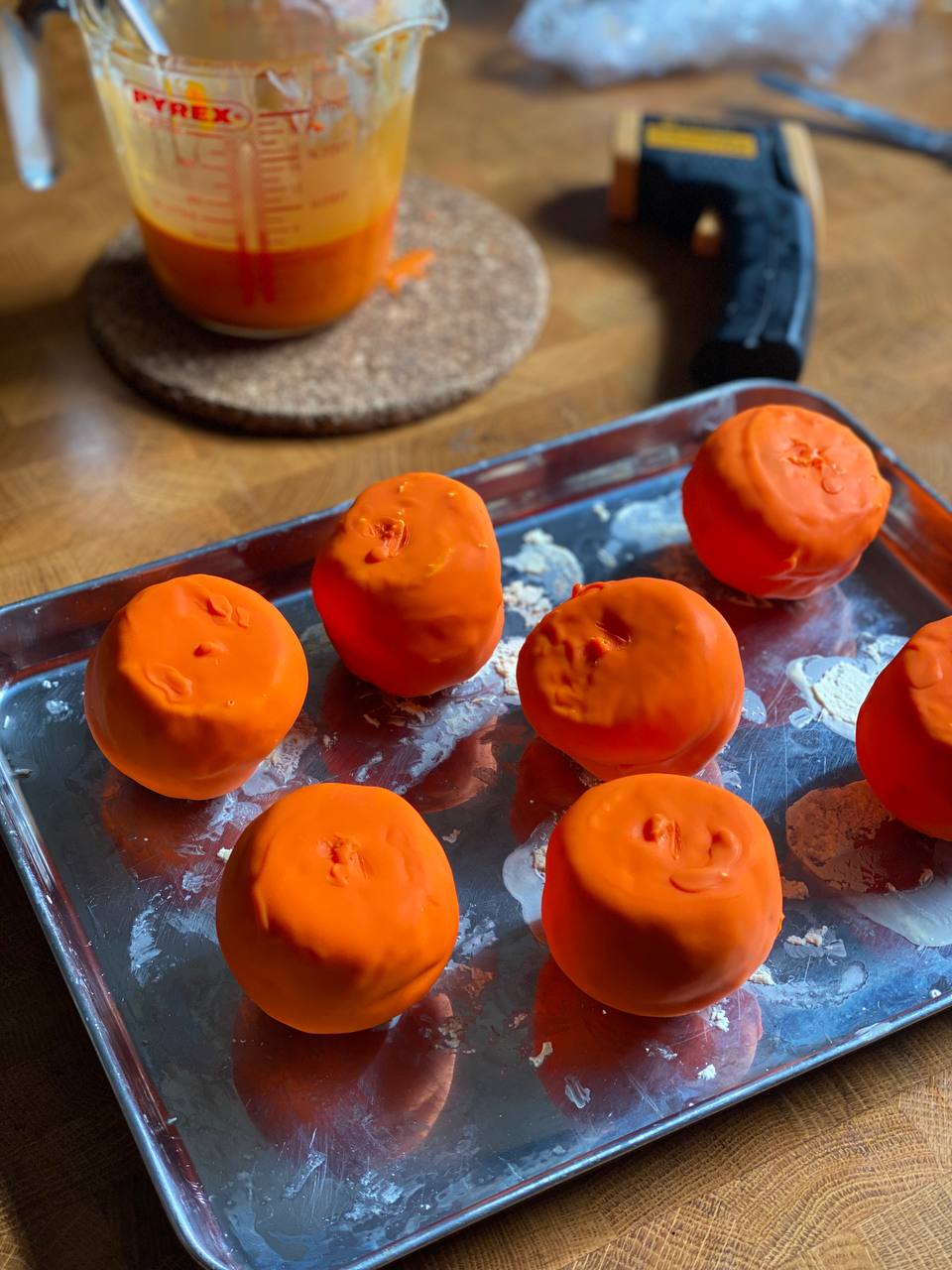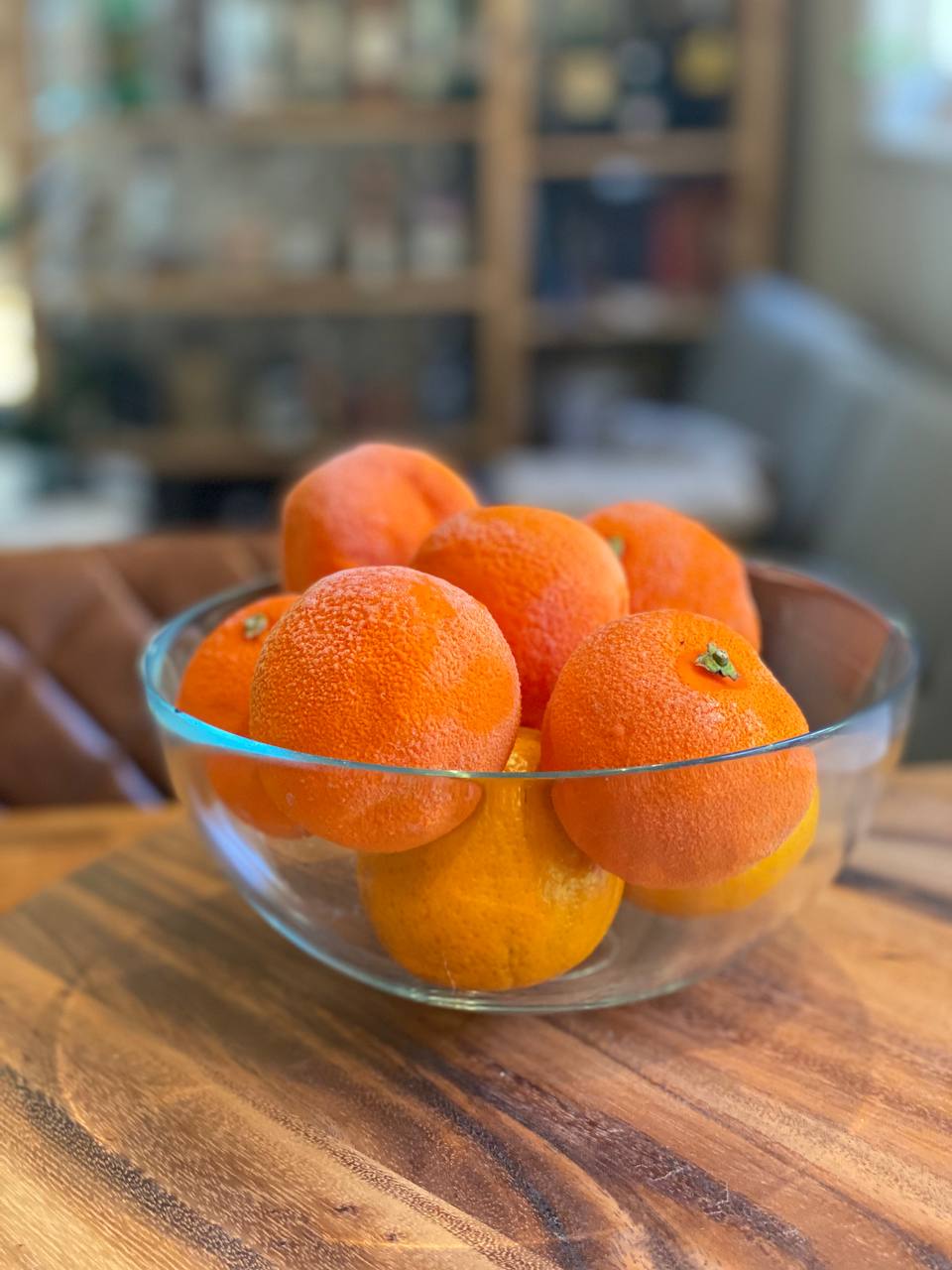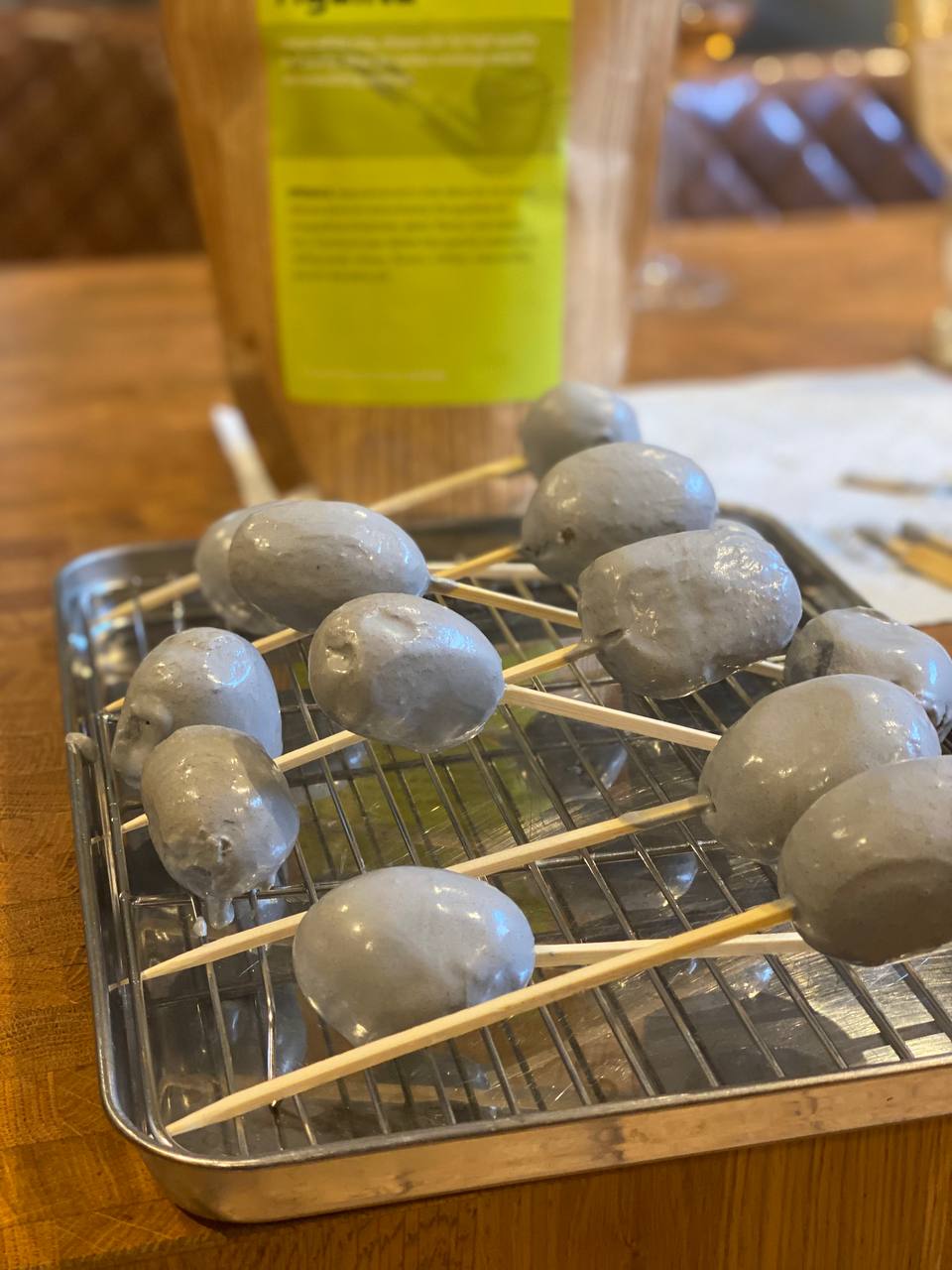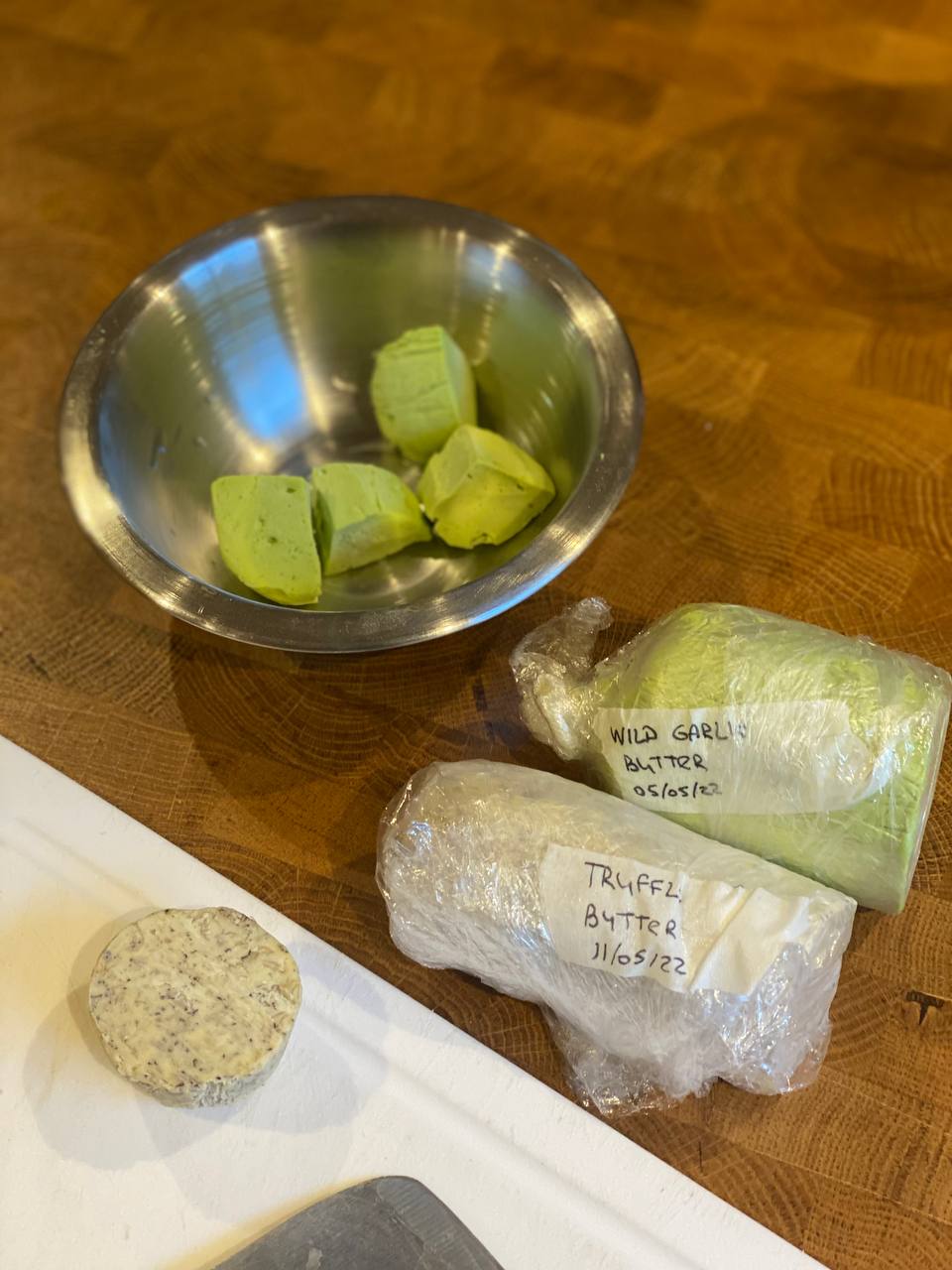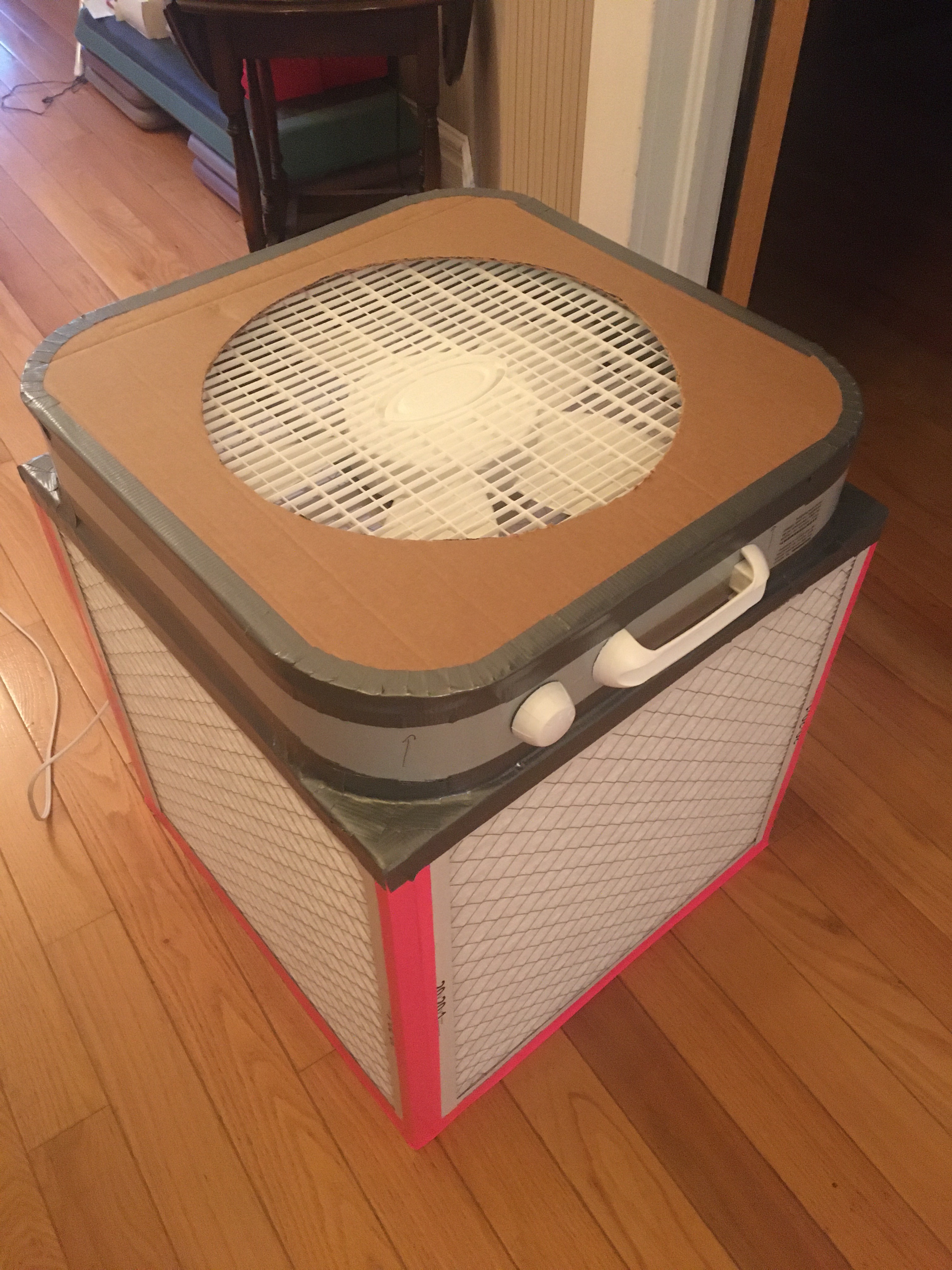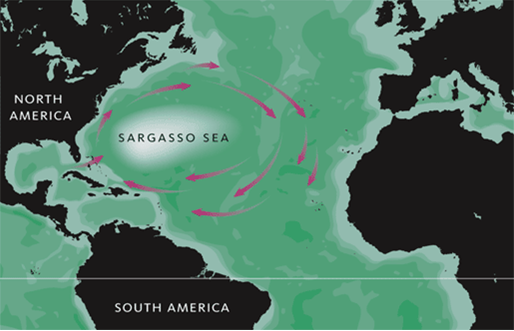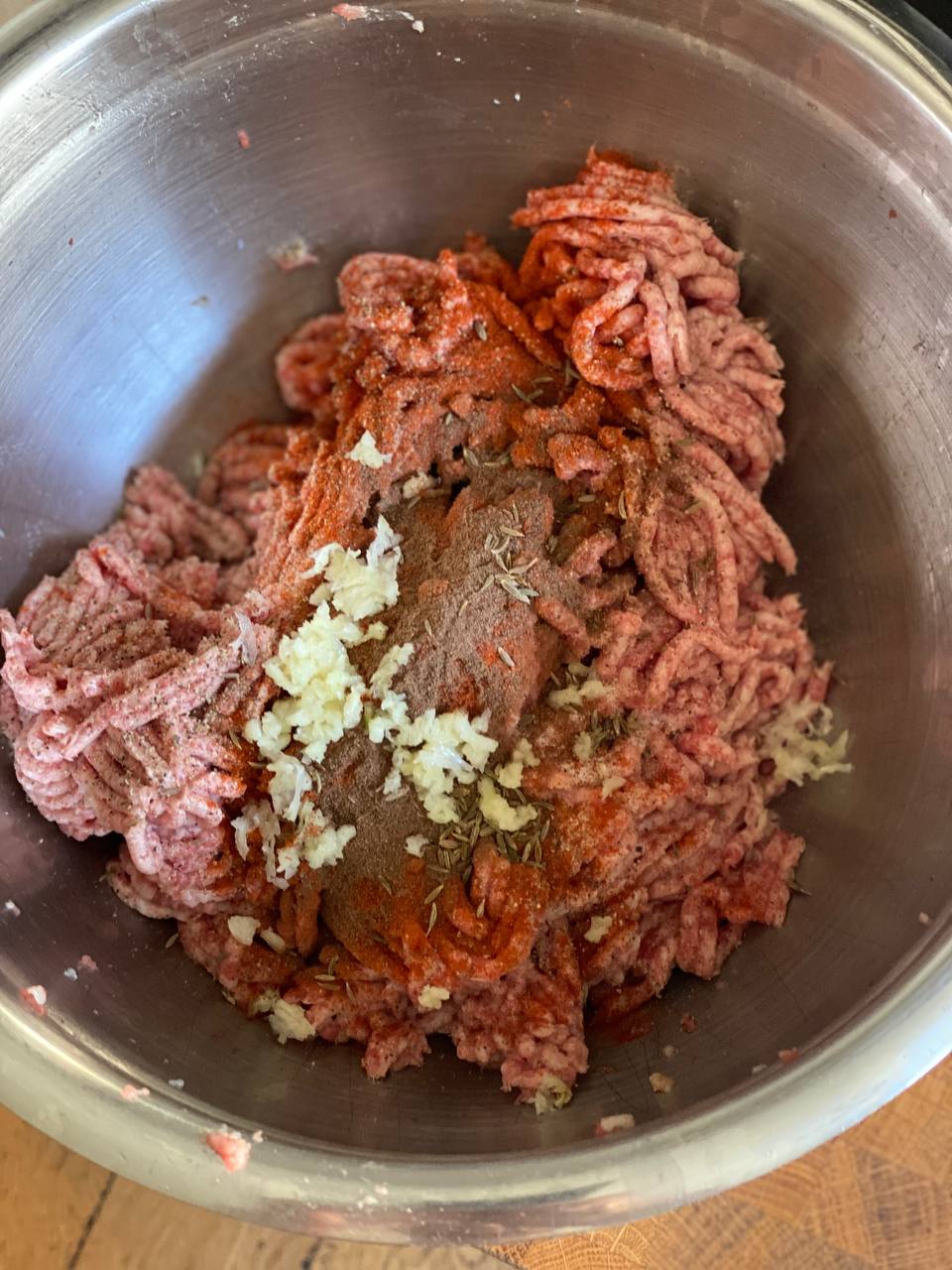Simple and beautiful.
Things I enjoyed reading
Probably one of my favourite genres is a hottake on someone else's hottake. A few days ago there was this article prompting to teach kids to play poker, not chess, as it probably better prepares for the real world. This is a reply to the author:
Bridge games are set up so that the aspect of “who has the good cards” is completely mitigated. Bridge is often played “duplicated”: many tables play with the same sets of hands, and your result is compared against other pairs (at other tables) with the same hands, not the other pair at the same table. In this way, playing weak hands well is rewarded, while playing strong hands poorly is punished. The randomness of “who gets the cards” is mitigated in the scoring.
Occasionally I wish I learnt bridge as I keep hearing how nice it is. I hardly enjoy card games though, and probably would prefer Go or chess over any of them.
Anyone who's watched the movie (or series) Limitless probably wished that there was a pill able to increase one's memory and cognitive abilities tremendously but without side effects. Some of those people went further and started to research nootropics. Not all of them are available over the counter though, so usually it's trial and error, but at least some people try to collect the outcomes in a single place:
What are the first things that come to mind when you think of nootropics? Piracetam? Ashwagandha? Ginseng? Theanine? Most of these common nootropics actually got relatively poor ratings. This is compared to potent prescription-only medications like Adderall, but also to sport (see above) and to a lot of lesser-known nootropics.
As someone who lifts weights occasionally, I am quite surprised to see that it's not just included in the list on par with LSD, but also is ranked as "life-changing".
Getting things done is one of those Holy Grails among modern generations, and it's even harder when you're doing things as a part of a team or an organisation. This is a good selection of suggestions on possible ways to make it at least less painful:
For the scoping constraint, we began a slow process of breaking larger projects apart into smaller pieces. We didn’t move overnight from projects that took six months into two-week sprints. We weren’t ready for that. But those six-month projects were broken up into features that could take two months each, and that began to flex our collective practice of how to find smaller deliverable pieces within larger projects.
Splitting big problems into smaller ones until there is a clear deadline and easy deliverables is probably one of those skills I use not only at work but in the day-to-day life, from cooking to traveling, so definitely can vouch for that.
Another problem with delivering features among engineers is the review cycle. There are different types of reviews out there, from code reviews, to QA reviews, to App Store reviews and so on, but in most cases unless the code is reviewed and approved, it's not going anywhere, and many engineers overlook how much it could affect their time estimations.
The solution is to be very clear about the difference and preface all of your comments with “This is not a request for changes, but FYI…” or words to that effect. People will sometimes change the thing anyway if they go “Oh yeah that is a better idea”, people will also sometimes respond explaining why they didn’t do it that way and that’s usually actively good, but most of the time they should just feel free to mark the comment as resolved without further discussion or action.
My favourite strategy for the last few years is to look at the code and think if it makes the codebase (or user experience) better if merged. If the answer is yes, I approve it straightaway, and then spend some time adding suggestions and questions to understand some of the decisions better. If the answer is not as clear, I start asking questions, but actually blocking the release and requesting changes is very rare and should happen way earlier, during some drafting sessions.
There is probably some limit to the number of languages a kid could learn and operate comfortably without potential mental issues, and while some languages might be more useful in the future than other, parents' native languages are probably the easiest to pick up, because of the exposure to their friends, grandparents, and so on.
I don’t know what I would have become had I not been forced to integrate, and I am thankful for my mom’s inner tiger. When I asked her about her decision, she said, “I learned English because I live in America. But Korea is my country. I want my children to learn Korean so they can speak with 할머니 (grandma) and explore my country too.”
At the same time, these days accessing translated culture is simpler than ever, so maybe there is not much point in exploring a country through its native tongue.
As we've already established that kids need to learn bridge, here is what should the rest of us do in the meantime: learn chess, as apparently years of life experience are not a joke.
For all my daughter’s seemingly spritely processing power, I had higher-order capacities I could draw upon. “If you’re younger, you can process information super-fast,” she told me, “but you may not know what to do with that information as you process it.” She cautioned she was “oversimplifying” things, but I was happy to take it.
I don't have much to add to it, although for me the biggest boost in learning skills was when I realised how to use Google properly.
These days lots of content is paid, and that makes total sense. At the same time, so many news portals attempt to lure users into the paywalled gardens, and that faces an expected resistance:
Ultimately, study participants also described future scenarios in which they might be more willing to pay: if a news subscription were cheaper, offered a one-stop source for reliable coverage, brought added value through higher-quality news, and, again, served as a “commitment device” to help them build the habit of reading the news.
I can't really complain about paid news, but I do feel like it'd be easier for me to learn about things elsewhere just to make sure I don't trust a single source more just because I paid for it.
The title might get some people too excited but in fact it's about understanding how does the bureaucracy work. I definitely got better at it over years, but still struggle sometimes when faced with unexpected paperwork or rules that don't make any sense in 2022.
For example, I used to struggle with people not responding to my emails when I tried to get their approval on a change I was making. “People are busy,” my manager explained. “Instead say, ‘I’ll be making this change on Thursday unless you object before then.’”
This is a great advice though.
I remember reading about graphene when it was just isolated, but never understood its application in layman's terms.
The addition of a small amount of graphene to concrete provides an anchor for the cement in it to grab onto, resulting in a more powerful interaction as the concrete cures. This means not only that less concrete is needed to achieve the same level of strength, but also that structures made of it are likely to last longer.
This is a good selection of use cases for people who skipped both chemistry and physics for years (like I did).
I guess there are multiple ways to prepare for your first kiss, but researching all possible papers on the subject is definitely one of them:
That chemical cocktail provides both short- and long-term benefits, from temporary euphoria (although you do gain tolerance to dopamine over time) and stress relief (drops in cortisol and therefore stress decrease) to a closer, more satisfying relationship. Kissing can also apparently provide significant relief from hives and other mild allergic reactions. Are those benefits worth your mouth’s microbiota growing to slightly resemble that of your partner?
In the meantime I think I know how to start saving money on Claritin.
Things I didn't know last Tuesday
How to promote sewing to teenagers in early 00's? Singer though that connecting a machine to a Game Boy might help:
A special operation software titled Raku X Raku Mishin (“Easy Easy Sewing Machine,” developed by Natsume) allowed users to control the machine with the Game Boy and customize stitch styles as well as a variety of patterns like shapes and letters. Coming in six colors, the machine’s clear plastic shell echoed the aesthetic popularized by Apple and partially adopted by Nintendo at the time.
| 